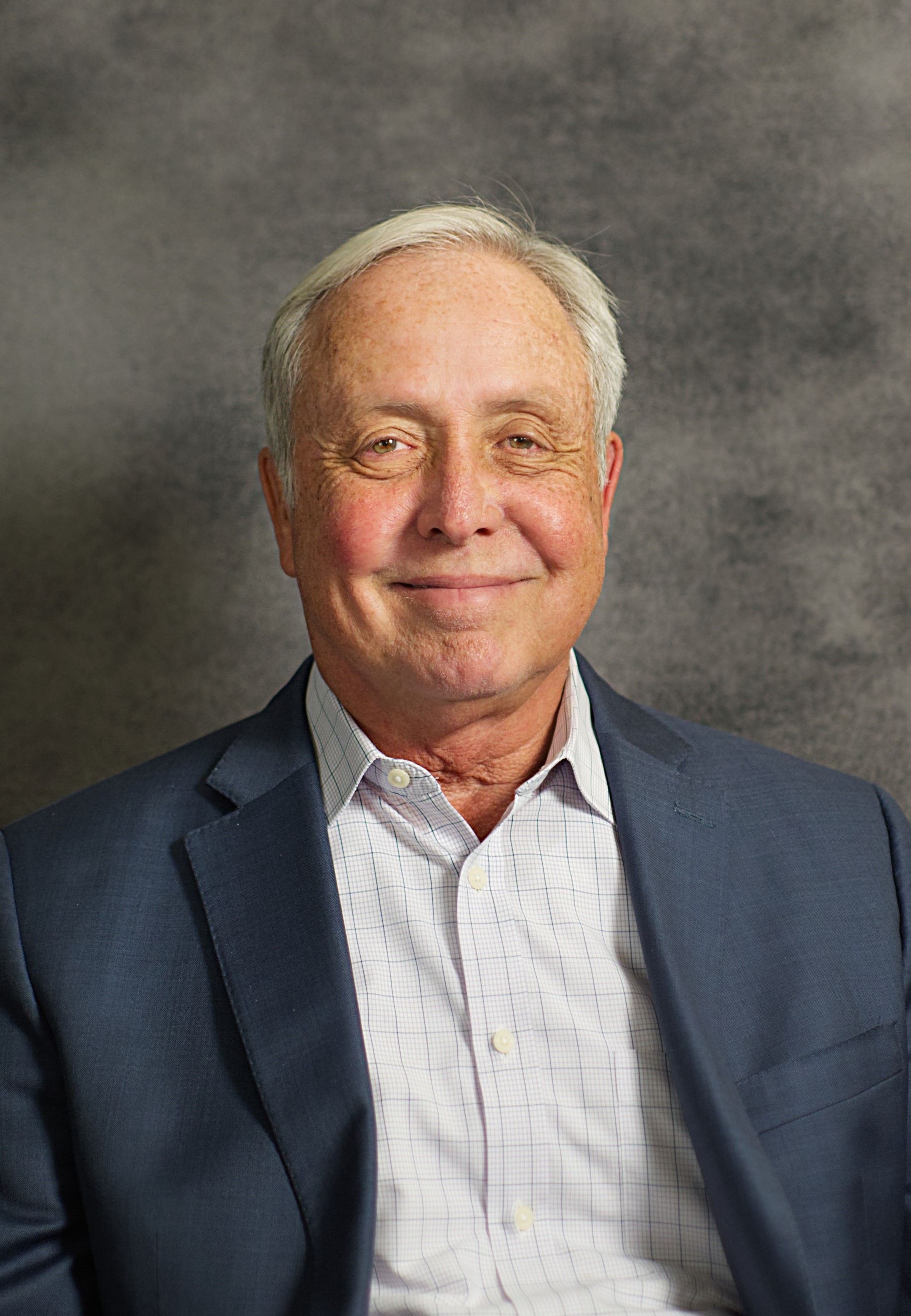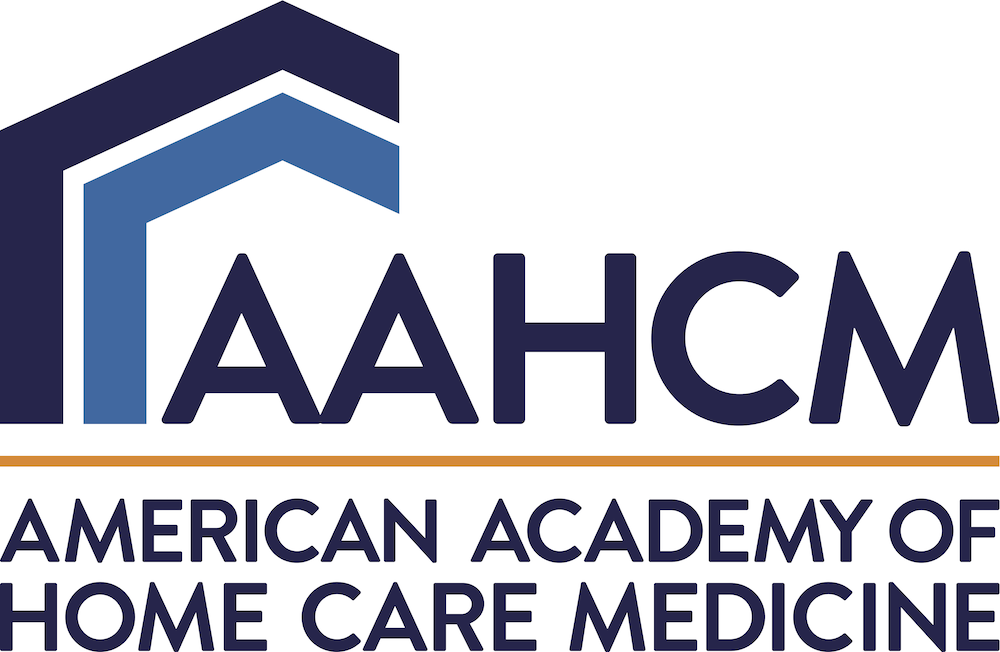- House Call Finder
- ACO
- Join & Get Involved
- Public Policy
- Events
- Education
- Partners
- About
Get to Know Norman Vinn, DO MBA President, AAHCM Norman E. Vinn, DO, a board-certified family practitioner, is the founder and CEO of The Residentialist Group Inc., a management services organization specializing in development and management of residentialist housecall networks that serve frail, elderly, and other access-challenged patients. Dr. Vinn specializes in home-based geriatric medicine. His residentialist network enhances traditional housecall services with inter-professional team care and a state-of-the-art integrated technology platform. Dr. Vinn holds a bachelor’s degree in English literature from Tulane University and a DO degree from the Philadelphia College of Osteopathic Medicine. He completed his postdoctoral medical training at what is now Beaumont General Hospital in Farmington Hills, MI, and later attended the University of Southern California Marshall School of Business, where he obtained a Master of Business Administration degree. In addition to his current leadership activities within the American Academy of Home Care Medicine, Dr. Vinn has had an extensive career in professional association governance and leadership. He served as the 2013–14 president of the American Osteopathic Association and is the board chair of the American Osteopathic Information Association, an organization affiliated with the American Osteopathic Association (AOA) and dedicated to advancing technology, practice management, advocacy, and medical informatics. Dr. Vinn resides in San Clemente, CA, with his wife, Marsha. Norm joined the AAHCM board in late 2019 as the President-Elect and became President in late 2021. What attracted you to the field of home care medicine?The ability to do well by doing good. And to be appreciated – something that, sadly, is missing in much of primary care. Homebound patients are vulnerable, socially isolated, and disconnected from the mainstream healthcare system. Besides needing compassion, access and continuity, they incur enormous costs, many of which are both unnecessary and avoidable. I knew that this discipline could improve both quality of life and population health, while restoring joy to the practice of medicine. How has working in this field impacted your practice? What keeps you in the field?It has made me convinced that our discipline needs to be better defined and branded, both for the public and within the healthcare community. It has made me an apostle for defining a new competency – something that we call “Residentialist” care. Working in a field-based environment has helped develop and foster skills in team-based care. What keeps me going is knowing that we are improving quality of life, and that as clinicians, we are appreciated. Why AAHCM? What drives your involvement?AAHCM is the voice of home care medicine. Dedicated volunteer clinicians spend many hours monitoring changes in the delivery system, advocating for public policy, and working with both politicians and regulators on ways that the system could function better for all stakeholders. I stay involved because AAHCM is an outstanding network of kindred spirits who love what they do. Members share best practices and collaborate to educate each other on matters involving both clinical care and practice management. I truly like my colleagues in AAHCM. I am humbled by their knowledge, their skills, and their achievements. And I feel that I can make contributions that help our members both survive and thrive. We have the true potential to define our discipline as an essential stop within the continuum of care by delivering proven value for patients, families, and payers. How did you start? What advice can you offer to a person considering volunteering with AAHCM?I started with AAHCM by volunteering to serve on task forces and committees. I was part of the group that worked on redesigning the logo. I was also fortunate to serve on the Model Design Workgroup, a committee that provided recommendations to CMS for revisions in the CPC+ program. Our input was taken very seriously, and many recommendations ended up in the new Primary Care First and Seriously Ill Patient models of care. For anyone who is considering volunteering, I will state unequivocally that you get out of something what you put into it. In all my volunteer roles in various associations, I have gotten even more out than I put in. I have learned new skills, new approaches to care delivery and new tactics for negotiating with payers. I have made new friends, and despite the work, have had a great deal of fun. I would say to anyone thinking of getting involved – just do it! To learn more about getting involved with the AAHCM, please email us at [email protected]. |
